
Money is the universally accepted medium of
exchange, used to buy and sell goods and services.
Money provides access to opportunities, gives
you choices, and empowers you to improve your life. With money, you can decide where to live, what to
eat, what kind of work to do, and how to spend your time. It offers control over your decisions and
circumstances. Additionally, money opens doors to education, healthcare, technology, and other resources
that can significantly enhance your quality of life.
To illustrate the difference between cash and wealth, consider the following
example: If you own a home worth $1 million, a mortgage of $700,000 and have $500 in the bank,
your total wealth would be $300,500.
Sounds good right? But when you need goods or services, you usually have to pay
with cash, not wealth. This means that everyone, regardless of their wealth, needs access to cash.
Basic necessities such as food, housing, clothing, and travel all require cash.
Managing you cash is critical to doing anything, including building wealth.
You have to direct how your funds are used and ensure they are used how you want to achieve your goals.
This is why we put such an emphasis on you managing your cash.
Cash itself is a useless investment, with inflation it goes down in value, so you never want to
have too much. However if you don't have enough you could become insolvent or be forced to
sell some of your assets. You need to manage your cash very carefully.
Cash flow, as you will find through using this website, is definitive.
You can categorise your income and expenses to understand them better and manage them more
effectively, but you can't change the numbers. The totals per month will remain the same regardless
of reclassification.
The point of classifying your transactions is to enable you to clearly see if you are deploying your
money to provide the best possible outcome for you. The sheer volume of transactions makes it difficult
to see where does my money go clearly, and a cash flow table resolves this problem.
A balance sheet provides a snapshot of wealth, it essentially shows what a company
owns (assets) minus what it owes (liabilities). For instance, if an oil company owns three oil wells,
each valued at $1 billion, and has $2 billion in debt, its assets exceed its liabilities by $1 billion.
That’s considered a healthy balance sheet. If there are 1 billion shares on issue, you could argue that
each share is worth $1.
The same principle applies to a personal balance sheet. Start by listing
everything you own and assigning a valuation to each item, these are your assets. Then list all your
debts, these are your liabilities. Subtract the liabilities from the assets, and you have your net
worth. It's that simple.
Keeping a personal balance sheet is important if you want to build
wealth as you should track the value of your assets (investments).
The challenge with
balance sheets, is valuing the assets accurately. Take a car, for example. You might buy it for $20,000
on Monday, but how much is it worth by Friday? While the replacement cost is still $20,000, the resale
value is likely lower. If I wanted a quick sale I might have to drop the price further.
This is why
financial institutions tend to lend less than the stated value of an asset when it's used as
collateral (or security) for a loan. For example, if you were to buy a house for $100,000. A bank might
lend you only $90,000, requiring you to contribute the remaining $10,000. If you later went bankrupt and
the bank sold the house for $91,000, they'd recover the $90,000 owed and return the remaining
$1,000 to you.
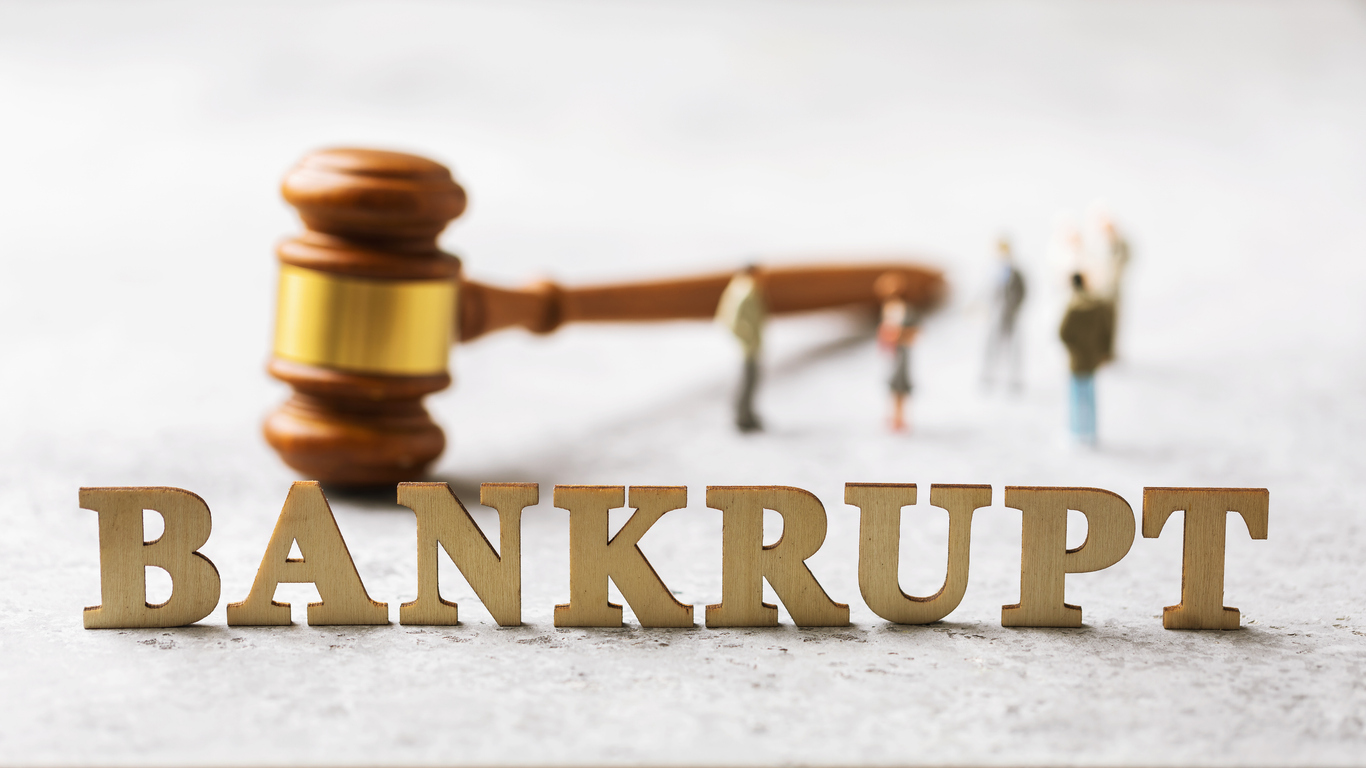
The terms 'bankrupt' and 'insolvent' are often used
interchangeably, leading to confusion. However, it is important to note that 'insolvent' is
the correct term to describe the financial condition of being unable to pay debts, while 'bankruptcy'
refers to the legal proceedings that follow.
While bankruptcy serves as a legal remedy for those
who are insolvent, recognising the underlying financial state of insolvency is the first step towards
addressing debt issues.
Insolvency can be triggered by running out of cash and not being able to
pay your debts as they fall due. This can cause your creditors to sell your assets to cover their debt
(not get the best price for them), which can then limit your ability to earn money. Manage your cash
flow very carefully.
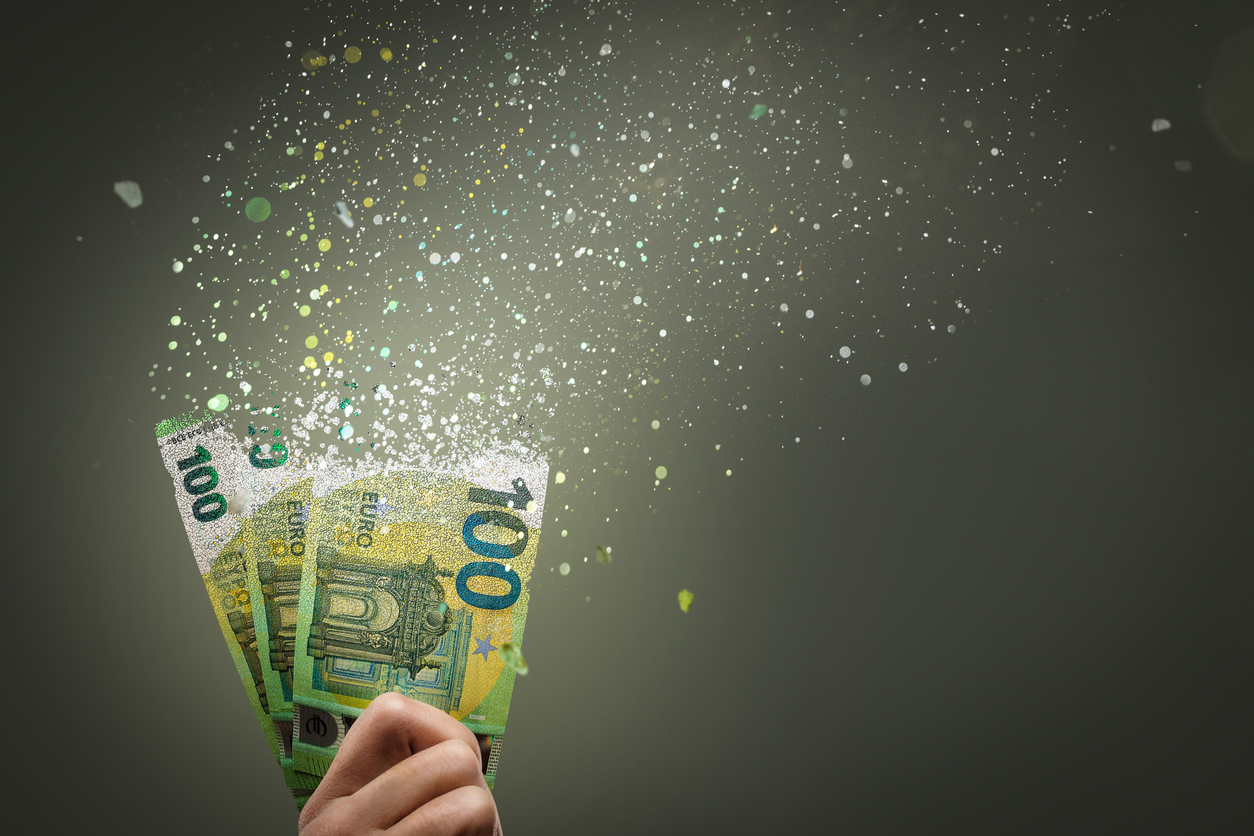
People do not become insolvent because they stop earning money. People only become
insolvent because they run out of cash. Even high earning people become insolvent if they do not have
enough cash to fulfil their obligations.
I often joke with my kids, calling them
“broke-ass-broke.” They have no real money, but they also have no debts, for them it’s not really a big
deal. For my wife and me, though, it’s a different story. If we run out of cash, there’s no food on the
table, no fuel in the car, no clean clothes…
Insolvency can be triggered by running out of cash
and not being able to pay your debts as they fall due. This can cause your creditors to sell your assets
as quickly as possible to cover their debt, which can then limit your ability to earn money.
Manage your cash flow very carefully.
Banks don’t lend money to the people who need it
most, they lend it to those who can repay it. As you approach insolvency your risk to a
lender increases and your options for getting out if this situation become more limited.
To avoid
this situation it is important to plan ahead. If you will need a loan, it is better to organise
it way before you need it.
Earning lots of money does not mean you will not become insolvent. All of these people earned a fortune, ran out of cash and went bankrupt.
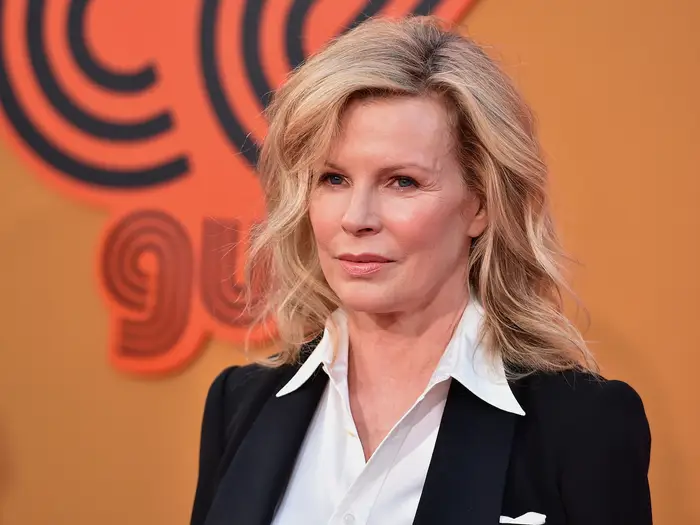
Basinger invested heavily in a town in Georgia, hoping to turn it into a tourist attraction. The venture failed, and she lost millions of dollars.
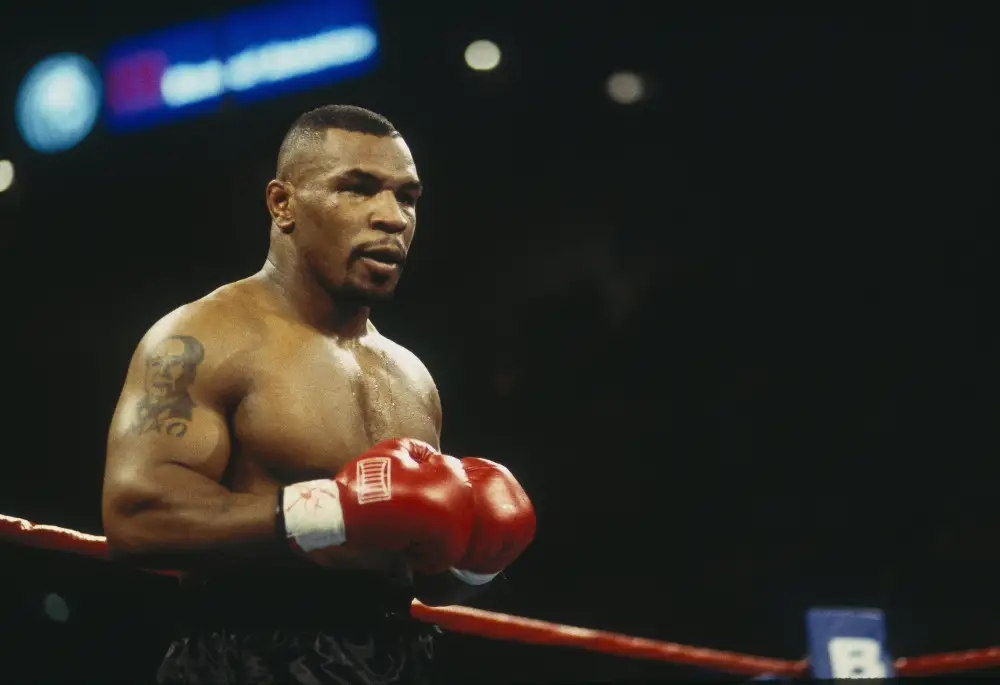
Tyson allowed others to control his finances, and went nuts spending wildly on all sorts of crap including cars, jewellery, and exotic animals. He admits that his financial illiteracy and trust in others led to his financial issues.

Bankrupt because of a default judgment against her for the sexual harassment of a nanny who cared for her son. She didn't get much sugar out of the sugar daddy once he kicked the bucket.

Bad investments, including a restaurant chain the cost him $15 million, and a costly divorce from Loni Anderson. Basically two stupid decisions, maybe could have afforded one..

When she was younger she was just useless at managing money. Incredibly resilient.
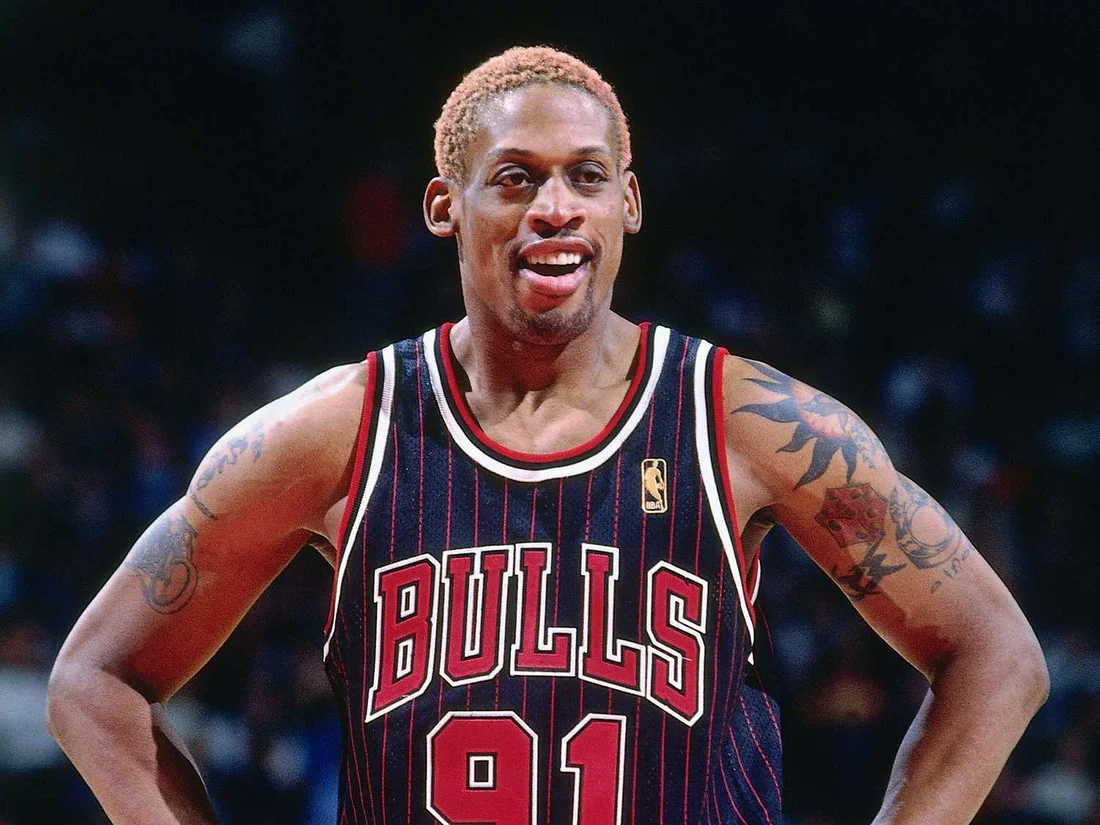
Costly divorces, a gambling problem, and being defrauded by a business manager.
Disclaimer: We are not financial advisers. The information on this website is general in nature and does not take into account your individual circumstances. You should seek independent professional advice before making financial decisions.